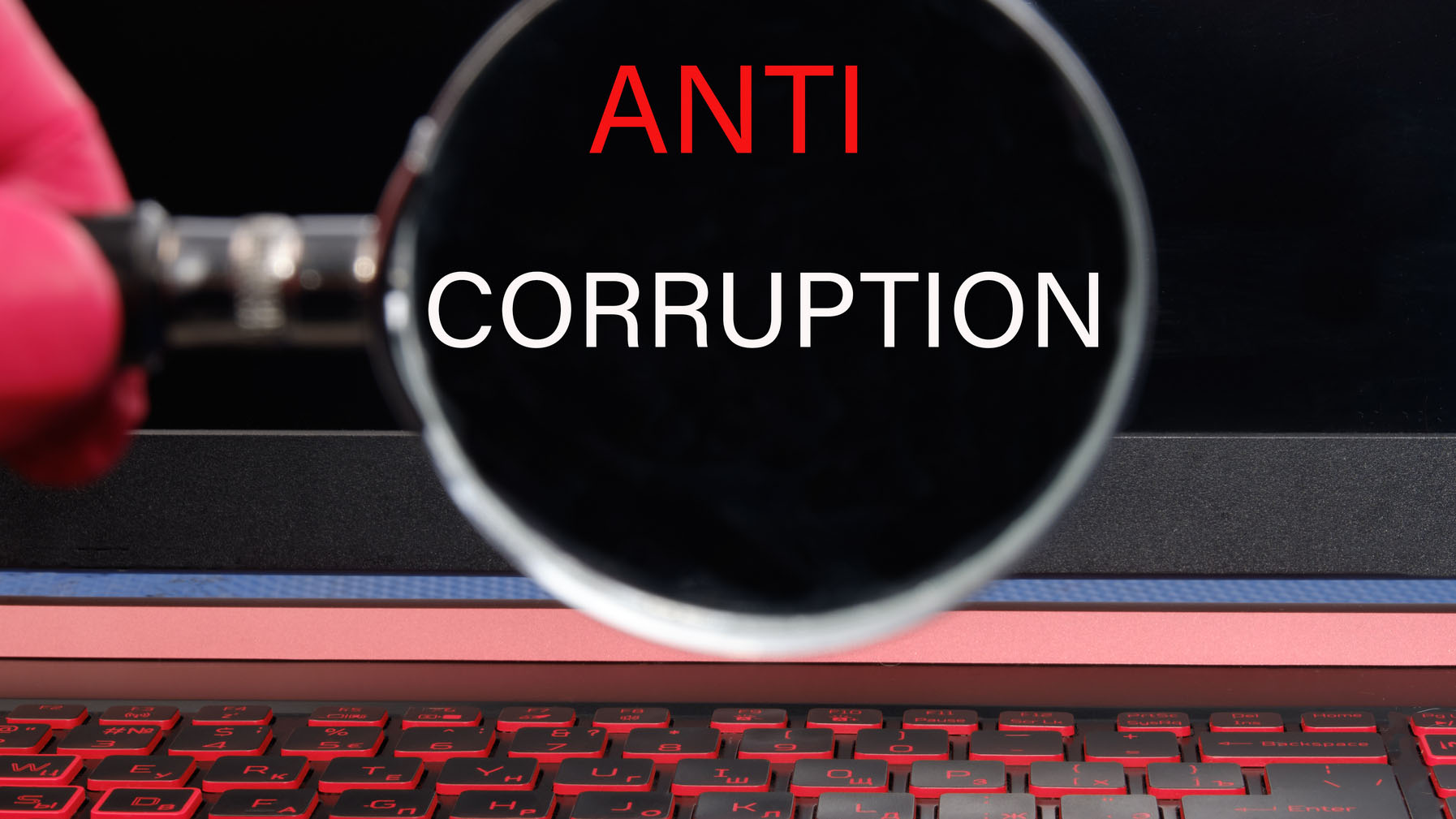
The broad definition of ‘involvement’ in corruption should give banks pause for thought.
The implementation of anti-corruption sanctions on April 26 marks a new chapter in the UK’s post-Brexit autonomous sanctions regime. Designation on corruption grounds is an established part of the US and Canadian sanctions framework, but it is without precedent in the UK.
UK foreign secretary Dominic Raab has already designated 22 individuals, resulting in asset freezes and immigration restrictions.
The expansion of sanctions in this way has an impact on banks. Institutions operating in the UK, and UK individuals and organisations anywhere, must comply with the sanctions and are prohibited from dealing with or making available a designated person’s funds or economic resources.
The wide criteria for designation on corruption grounds will also give banks pause for thought when considering their appetite for risk. Furthermore, there is the potential for a bank to itself be designated even if it was at a distance from an act of bribery. It is important for banks to understand the framework and to take precautions.
‘Involvement’ in corruption
Under the Anti-Corruption Sanctions Regulations 2021, designation on the UK sanctions list is now possible where there are reasonable grounds to suspect a person is “involved” in serious corruption. This is defined very broadly. An individual or organisation who does not participate in the act of offering or receiving a bribe could find themselves on the sanctions list for anti-corruption reasons.
Regulation 6 sets out the designation criteria. A person who is engaged in serious corruption or facilitates it, such as by offering or accepting a bribe, is squarely within its sights, but so too are persons who “provide support”, “profit” or obtain any other “benefit” from it.
There is no reference in the regulations to profiting or benefiting knowingly. Concealers of corruption, those dealing with proceeds, investigators or prosecutors who fail to discharge their anti-corruption responsibilities, and anyone who contravenes asset freezes imposed by the sanctions, are also exposed to designation.
There is the potential for a bank to itself be designated even if it was at a distance from an act of bribery
By defining who is involved in corruption, understanding the detail of the regulations will be useful to banks weighing up customer risk. The breadth of Regulation 6 is such that any company or individual, such as a family member or business associate, who possesses or benefits from funds with a suspected corrupt source could be designated even if they are none the wiser.
The decision to impose sanctions is not taken lightly, but enormous flexibility is given to the foreign secretary to designate on anti-corruption grounds. The key point is that a large pool of people are considered to be “involved” in corruption. Participation in the act of bribery itself or even knowledge of it is not essential.
The designation criteria
Separately, the breadth of the designation criteria creates an exposure for banks. It is possible that a bank could be designated in the UK on anti-corruption grounds. A bank that holds or transfers the proceeds of serious corruption, for example through an offshore account, is at risk. This is the case even if its actions were not intentional or witting. Regulation 6 does not require the transfer to be knowing. It is also possible for a person who contravenes an anti-corruption sanction, which could be a bank, to be designated itself in due course.
The scope of the criteria highlights the need for banks to be on guard against corruption. Precautions should be taken to avoid unwittingly becoming “involved” in corruption as envisaged by the regulations.
Banks will have sanctions screening and anti-bribery procedures in place, but the reporting obligations are just as important. The UK government has published a list of non-exhaustive factors to be considered when designating on anti-corruption grounds. Alongside assessing the person’s place in the bribery chain, whether a person has raised suspicions or concerns with law enforcement authorities or taken steps to avoid unintentionally becoming involved in corruption will be a relevant factor.
For a bank, reporting to the Office of Financial Sanctions Implementation if there is knowledge or suspicion that a person is designated or that there has been a sanctions breach is essential. It is important to remember that a designated person will include an individual or company controlled by a designated person even if they are not on the sanctions list.
Hand-in-hand with the UK’s more assertive sanctions regime are signs that enforcement will increase, and the report should be made without delay. A bank’s anti-money laundering position should also be examined. A concern that funds have a corrupt source or were transferred in breach of anti-corruption sanctions will typically trigger a suspicious activity report. Reporting with care to the right authorities is advisable. The latest government guidance indicates that it can make all the difference to whether a bank feels the consequences of their “involvement” in serious corruption.
Anita Clifford is an associate barrister at Bright Line Law.


